Publications
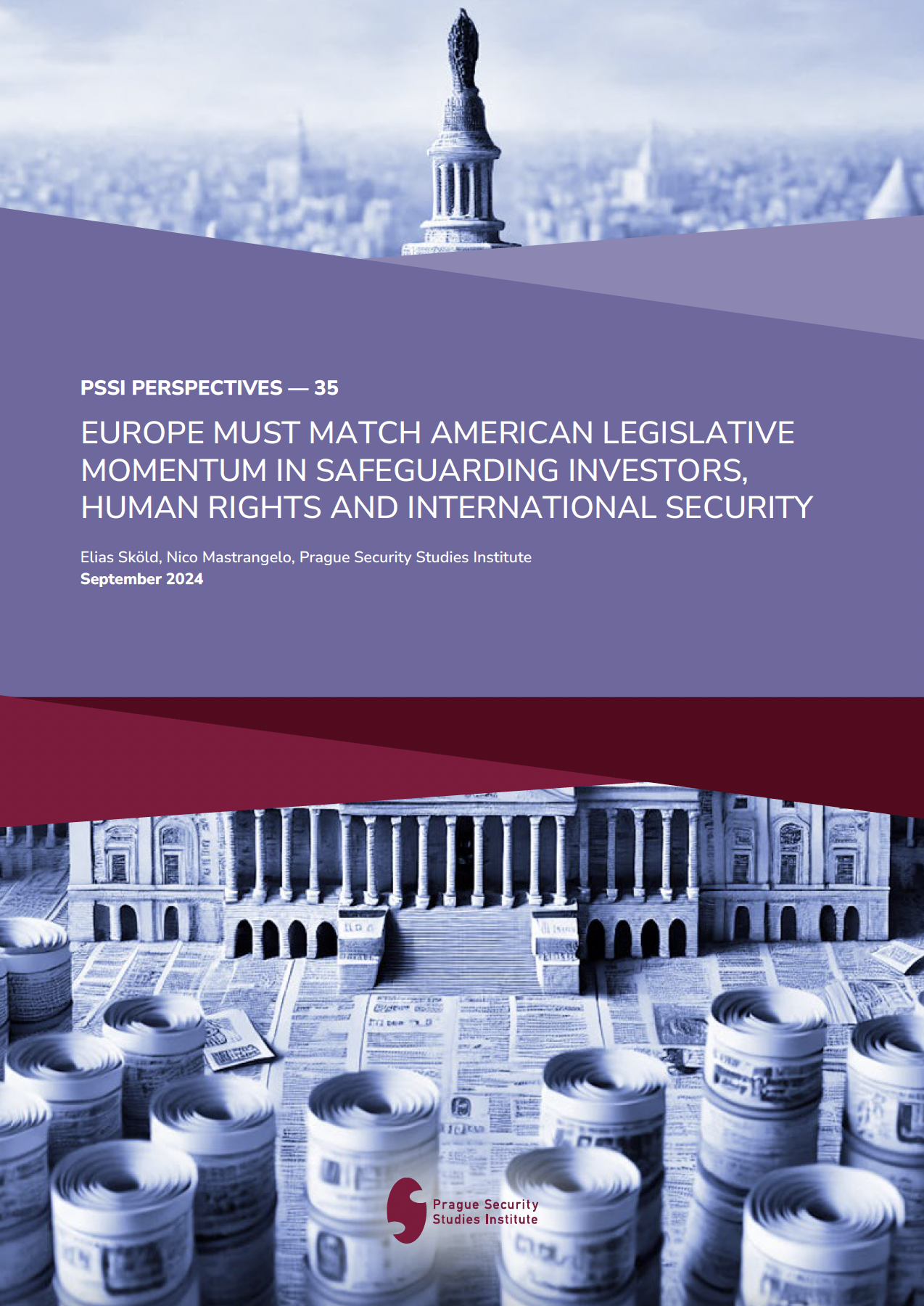
Economic & Financial Statecraft Program // Elias Sköld, Nico Mastrangelo / 27 Sep 2024
PSSI Perspective #35: Europe Must Match American Legislative Momentum in Safeguarding Investors, Human Rights and International Security
Following a flurry of proposed legislation in the U.S. Congress addressing the risks associated with investments linked to authoritarian states, PSSI’s latest Perspective urges Europe to emulate or match these measures. The report emphasizes the geopolitical importance of managing capital flows to avoid inadvertently supporting undemocratic regimes and associated corporate bad actors, through highlighting ten such legislative proposals in particular.
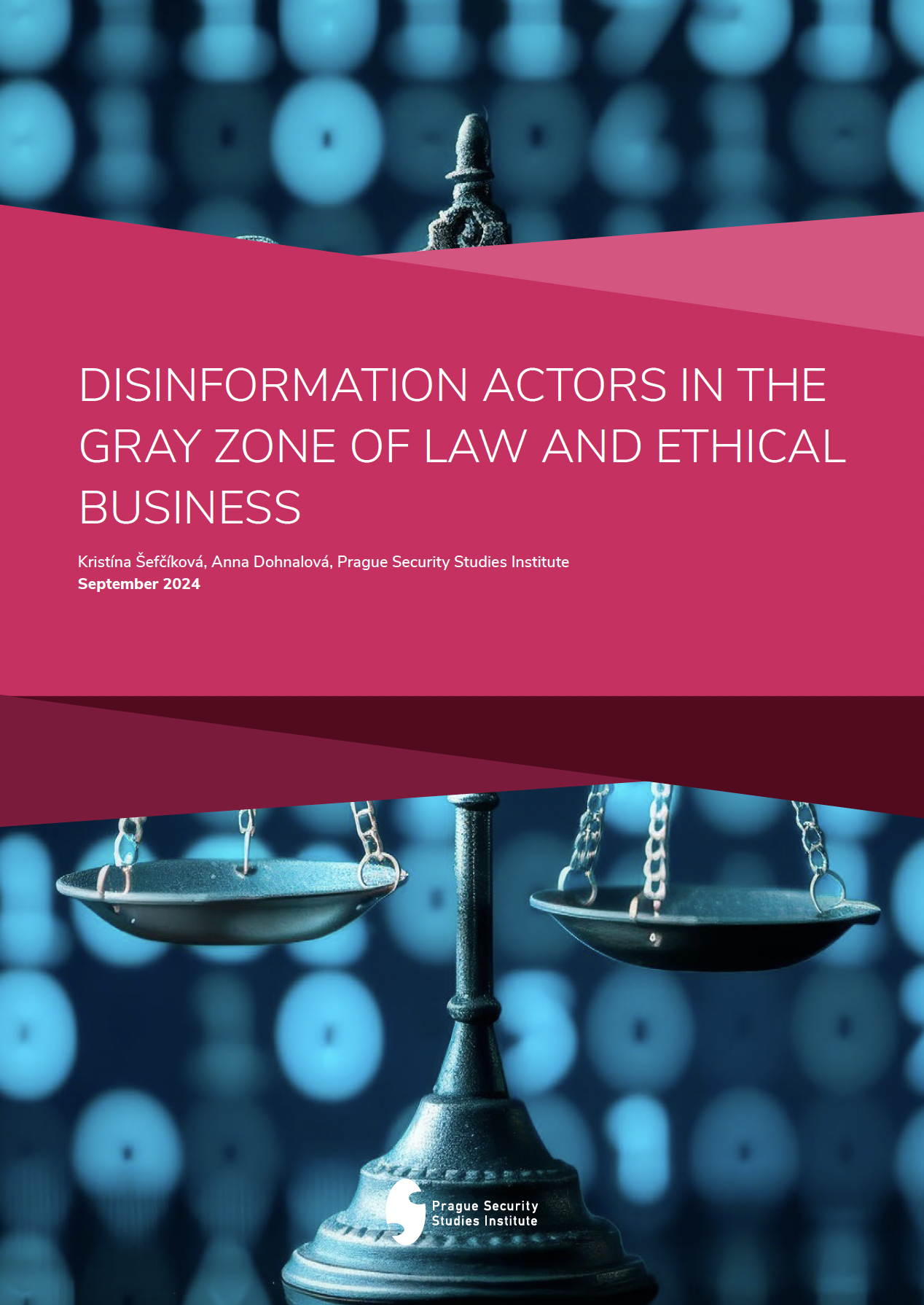
Information Resilience Program // Kristína Šefčíková, Anna Dohnalová, Prague Security Studies Institute / 27 Sep 2024
Disinformation Actors in the Gray Zone of Law and Ethical Business
Problematic content such as disinformation is difficult to address in a legal space where such content is not defined. However, as this publication shows, the creators of this content generally tend to operate in the gray zone of law and ethical business, and therefore their reach and profit can be limited by the traditional legal and regulatory tools already available.
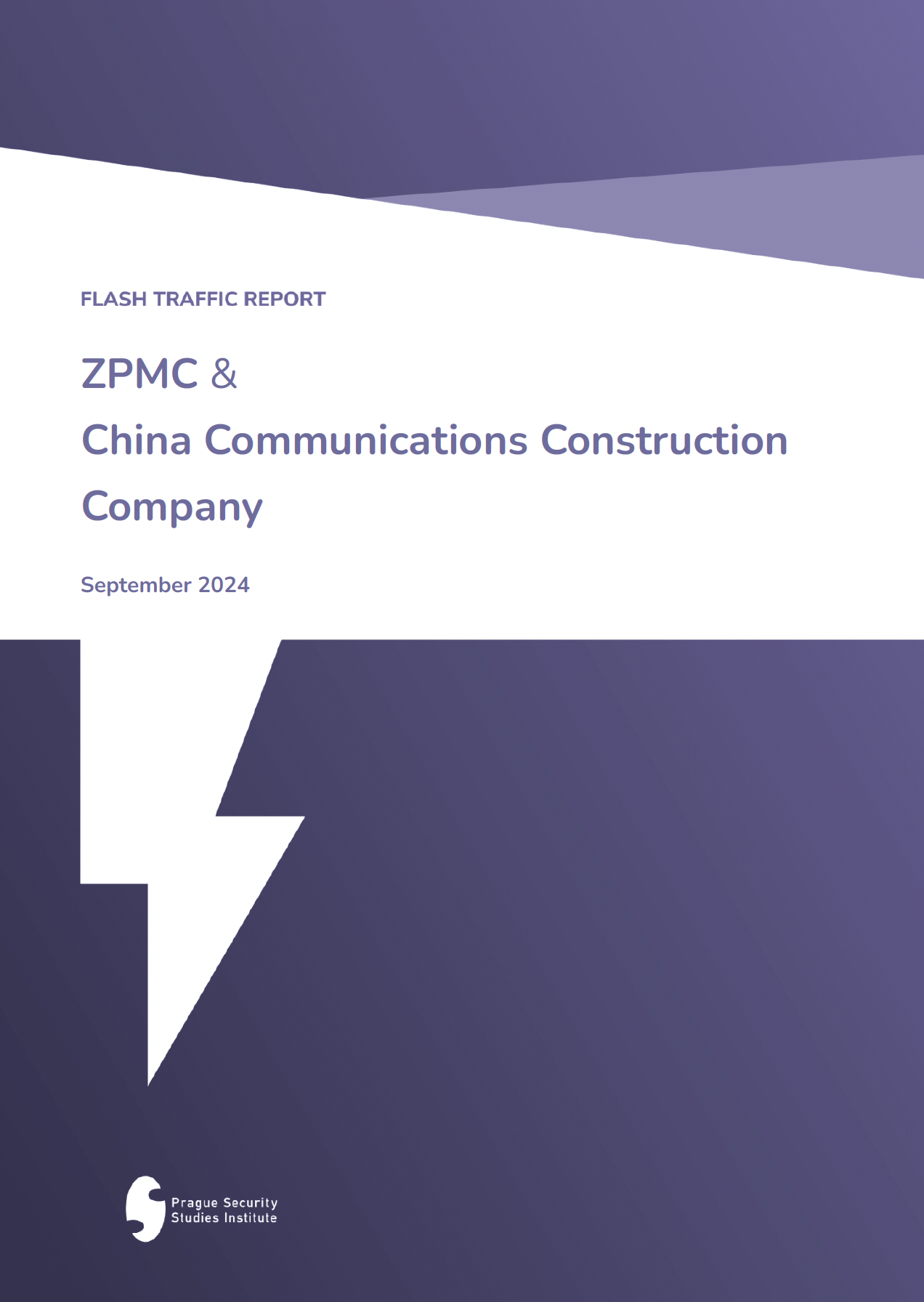
Economic & Financial Statecraft Program // PSSI / 23 Sep 2024
Flash Traffic Report: ZPMC & China Communications Construction Company
Given the recent U.S. Congressional report on the acute national and economic security threats posed by the crane manufacturer ZPMC, PSSI has issued a Flash Traffic report recommending capital markets sanctions against both ZPMC itself (SS.600320) and its parent company CCCC (HK.1800, SS.601800).
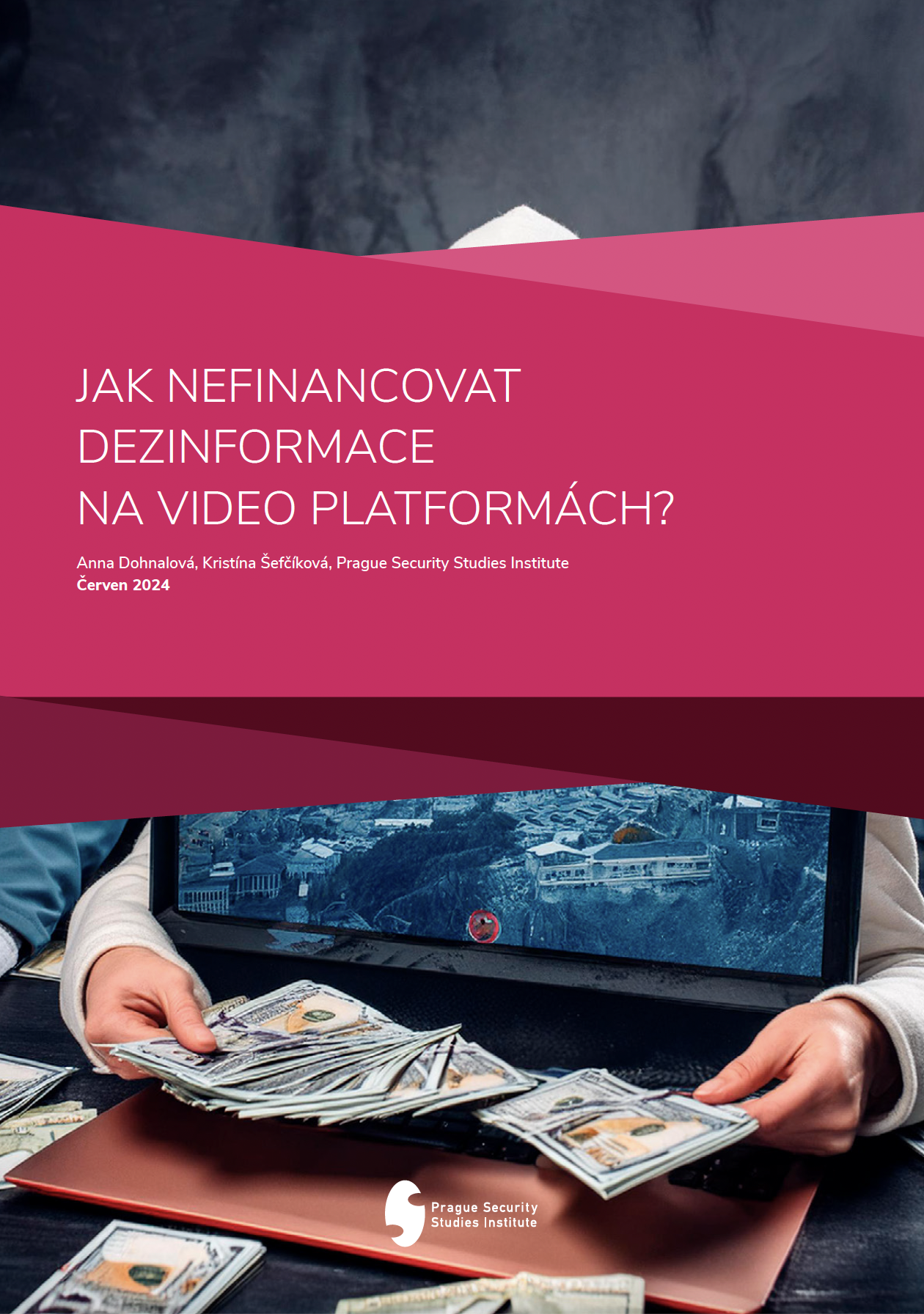
Information Resilience Program // Anna Dohnalová, Kristína Šefčíková, Prague Security Studies Institute / 11 Jul 2024
Jak nefinancovat dezinformace na video platformách?
Video obsah se stává stále populárnějším zdrojem informací a jeho objem v informačním prostředí roste. Lákavost audiovizuálního obsahu si uvědomují i tvůrci problematického obsahu, včetně těch, kteří dlouhodobě a systematicky šíří dezinformace. Jejich aktivita na platformách jako YouTube roste a s tím i jejich sledovanost, která dosahuje desetitisíce až sto tisíc sledovatelů. Kromě platformy pro rozšíření dosahu jim YouTube slouží jako monetizační platforma, ať už pomocí reklam, členských poplatků nebo finančních darů.
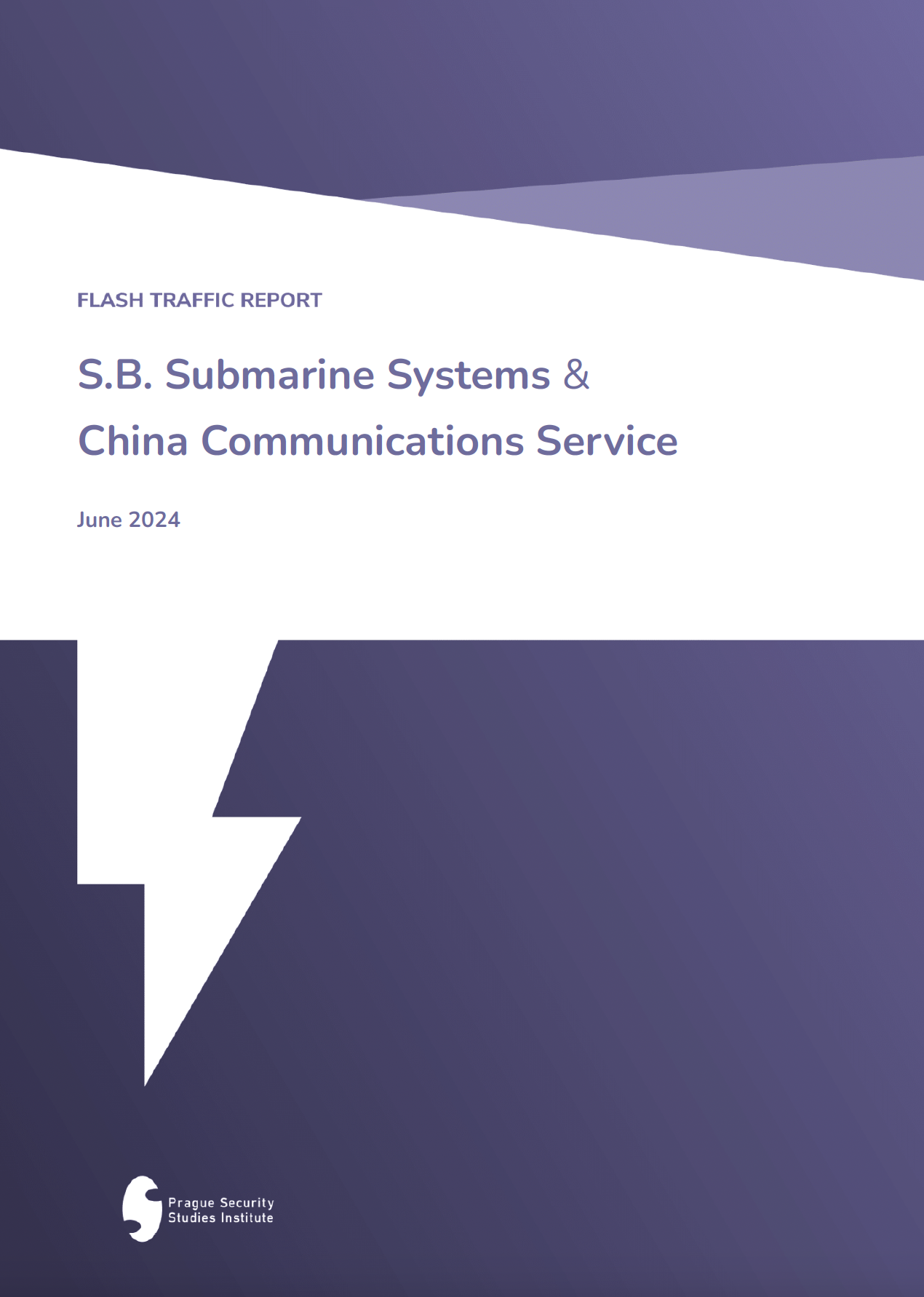
Economic & Financial Statecraft Program // PSSI / 10 Jun 2024
Flash Traffic Report: S.B. Submarine Systems & China Communications Service
Given the recent revelation that S.B. Submarine Systems, China’s leading subsea cable installer, has been flagged by U.S. officials as presenting acute security risks, PSSI has issued a Flash Traffic report recommending capital markets sanctions against its parent company, China Communications Services (HK.0552).
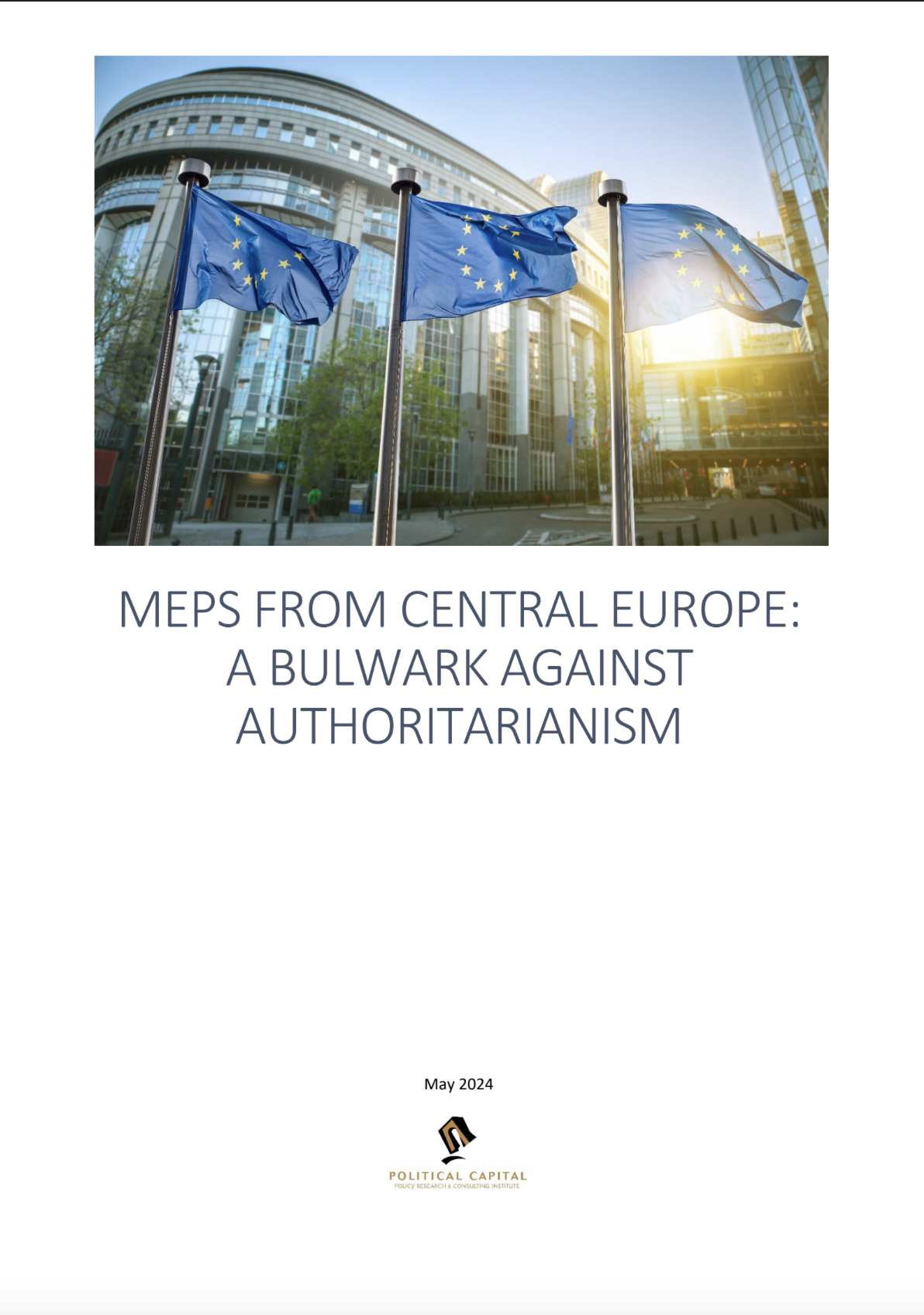
Information Resilience Program // Kristína Šefčíková, Prague Security Studies Institute, Political Capital / 4 Jun 2024
MEPs from Central Europe: A Bulwark Against Authoritarianism
As the Members of the European Parliament’s ninth term closed their books, PSSI teamed up with Political Capital and partners to track the views of incumbent MEPs from the V4, Austria, Bulgaria and Romania on authoritarian regimes. We used qualitative and quantitative methods to build an accurate picture of MEPs’ positions on authoritarian countries. PSSI contributed to the effort with an analysis of Czech MEPs.
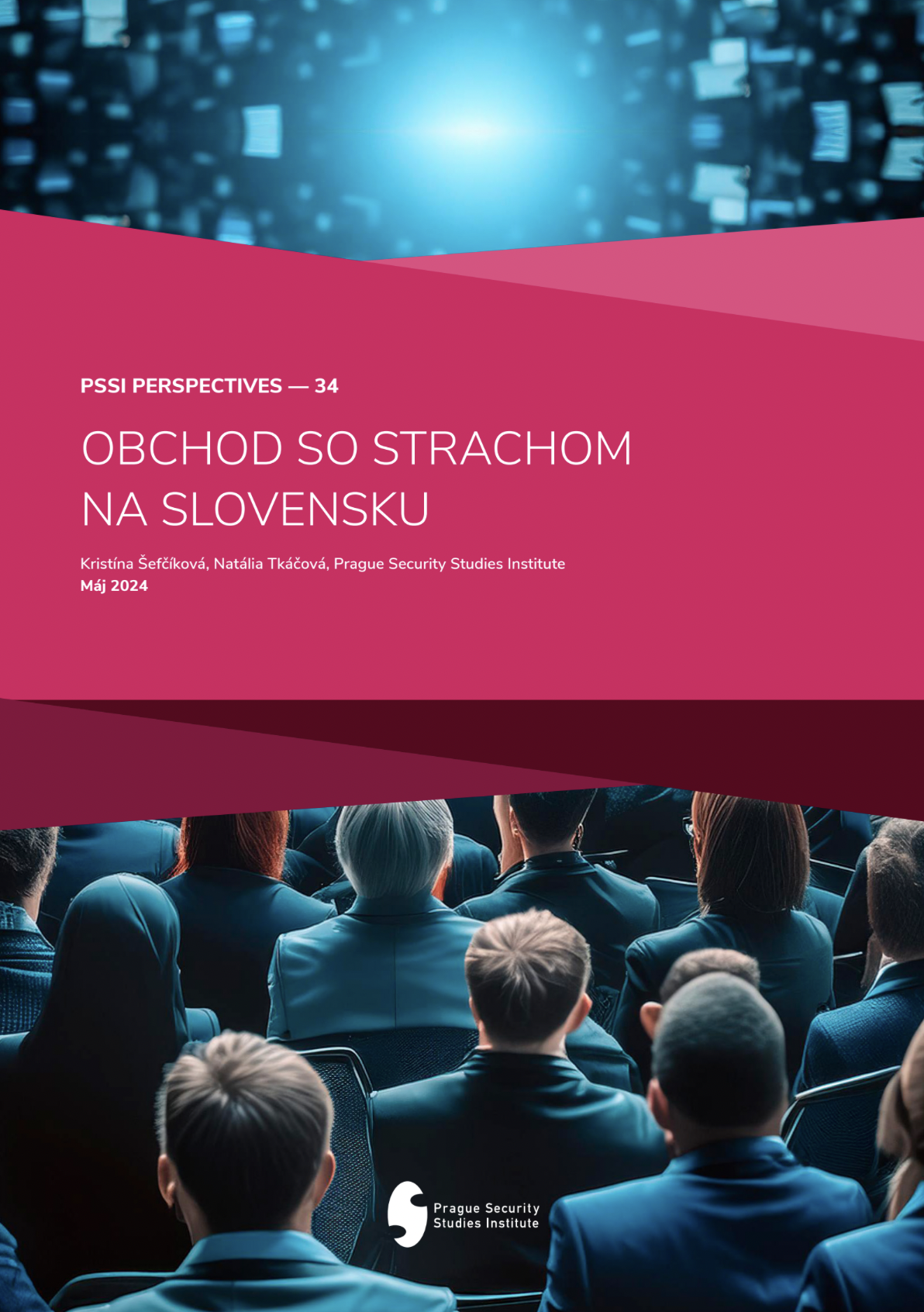
Information Resilience Program // Kristína Šefčíková, Natália Tkáčová, Prague Security Studies Institute / 31 May 2024
PSSI Perspective #34: Obchod so strachom na Slovensku
Slovenský informačný priestor je čoraz viac zaplavovaný dezinformáciami a manipuláciami. Veľkou motiváciou pre šírenie problematického obsahu môže byť vidina zisku. V tejto súvislosti sa často používa aj označenie obchod so strachom. Obchodníci so strachom sa vo svojej komunikácii spoliehajú na dezinformácie, ktoré v ľuďoch vyvolávajú silné emócie ako strach alebo nenávisť. Tieto praktiky využívajú ako skratku k čo najväčšej pozornosti – klikom –, a čo je hlavné, peniazom. Ich ciele sú ale často spojené s politickými ambíciami a túžbou po pozornosti.
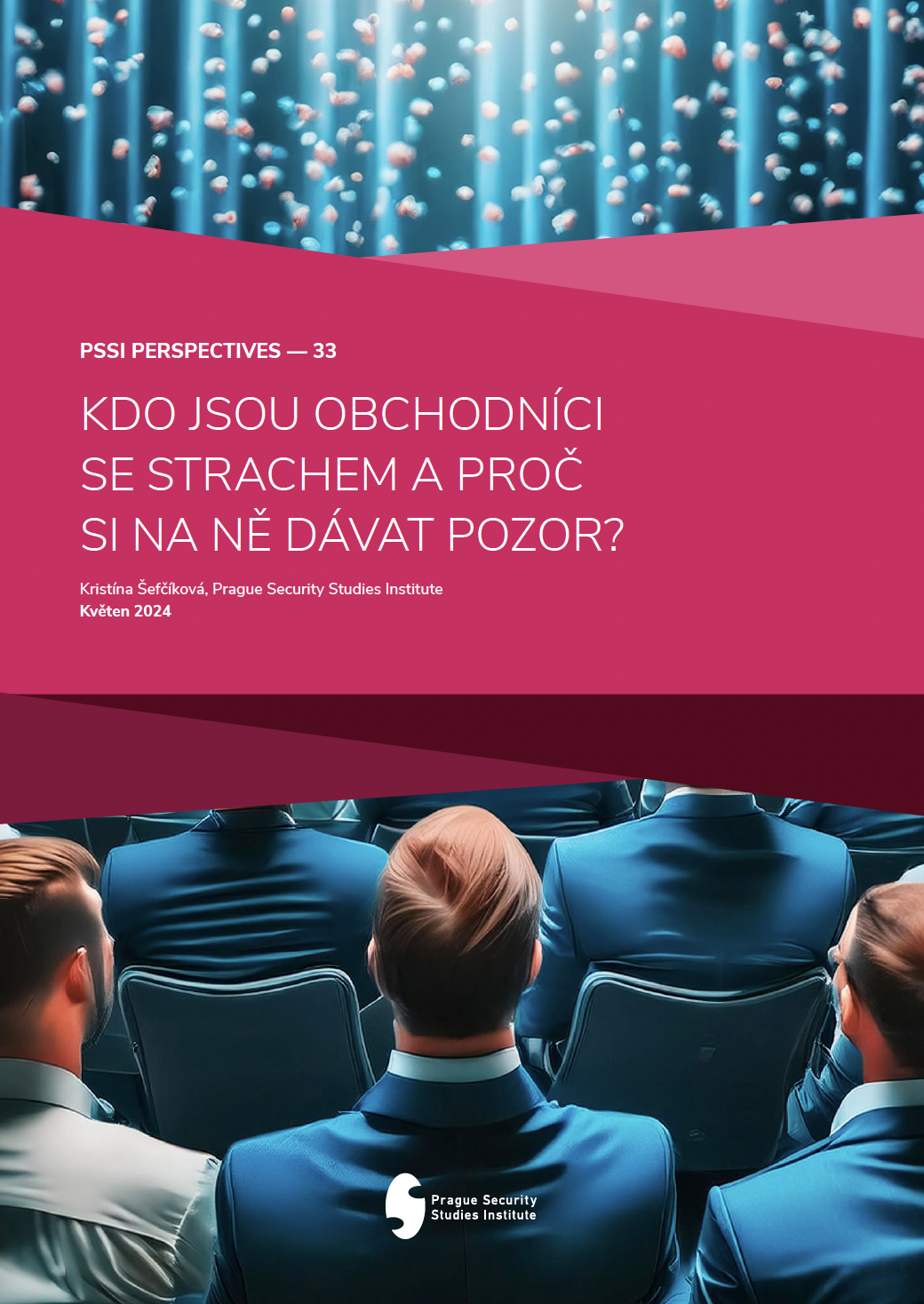
Information Resilience Program // Kristína Šefčíková, Prague Security Studies Institute / 30 May 2024
PSSI Perspective #33: Kdo jsou obchodníci se strachem a proč si na ně dávat pozor?
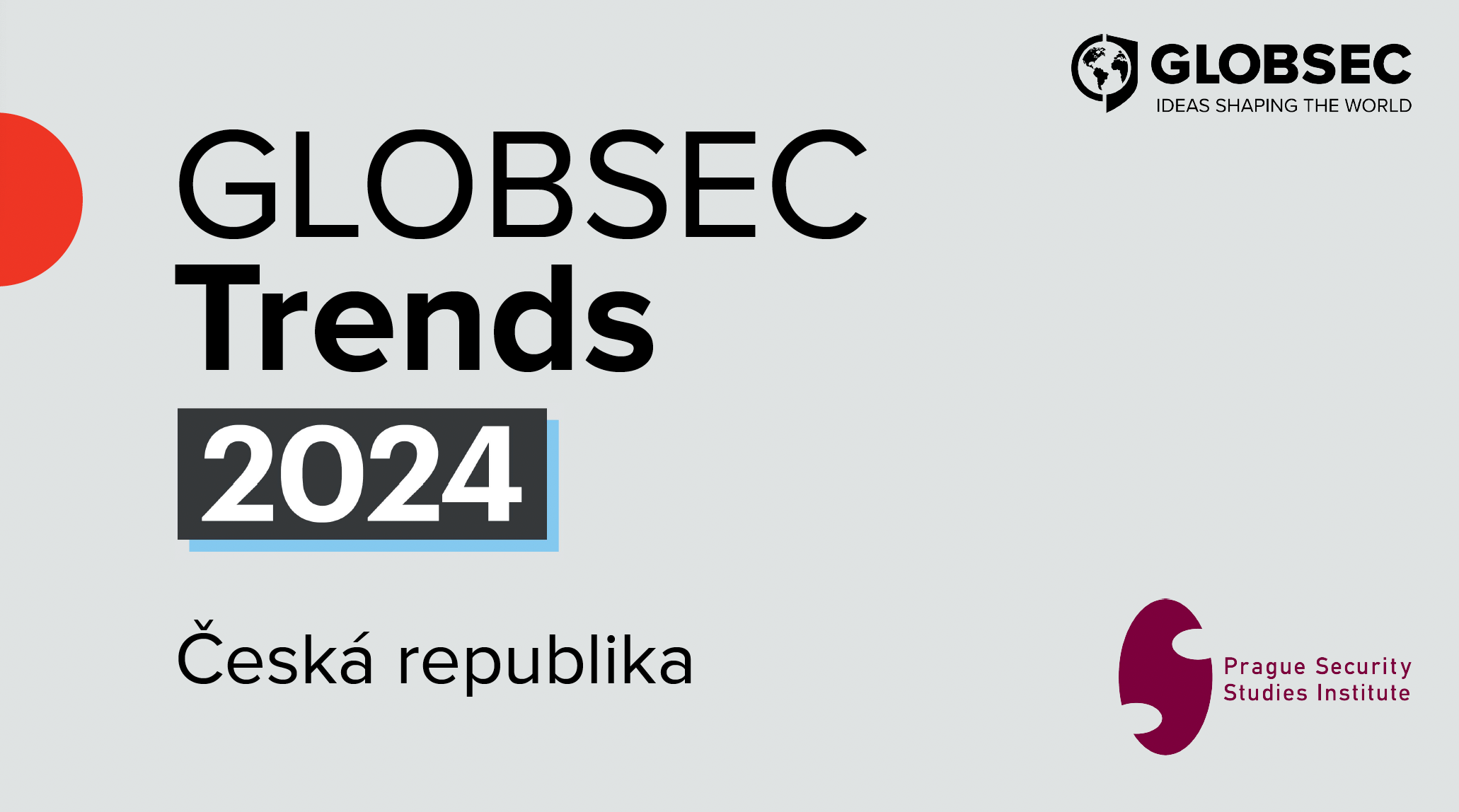
Information Resilience Program // / 10 May 2024
Globsec Trends 2024 Presentation
Projekt GLOBSEC Trends poskytuje výsledky rozsáhlého průzkumu veřejného mínění ve střední a východní Evropě. Účelem průzkumu je zmapovat kolektivní společenské postoje a pohledy na širokou škálu témat, zejména geopolitického charakteru, včetně Evropské unie a NATO, jakož i probíhající války na Ukrajině a vnímání demokracie.
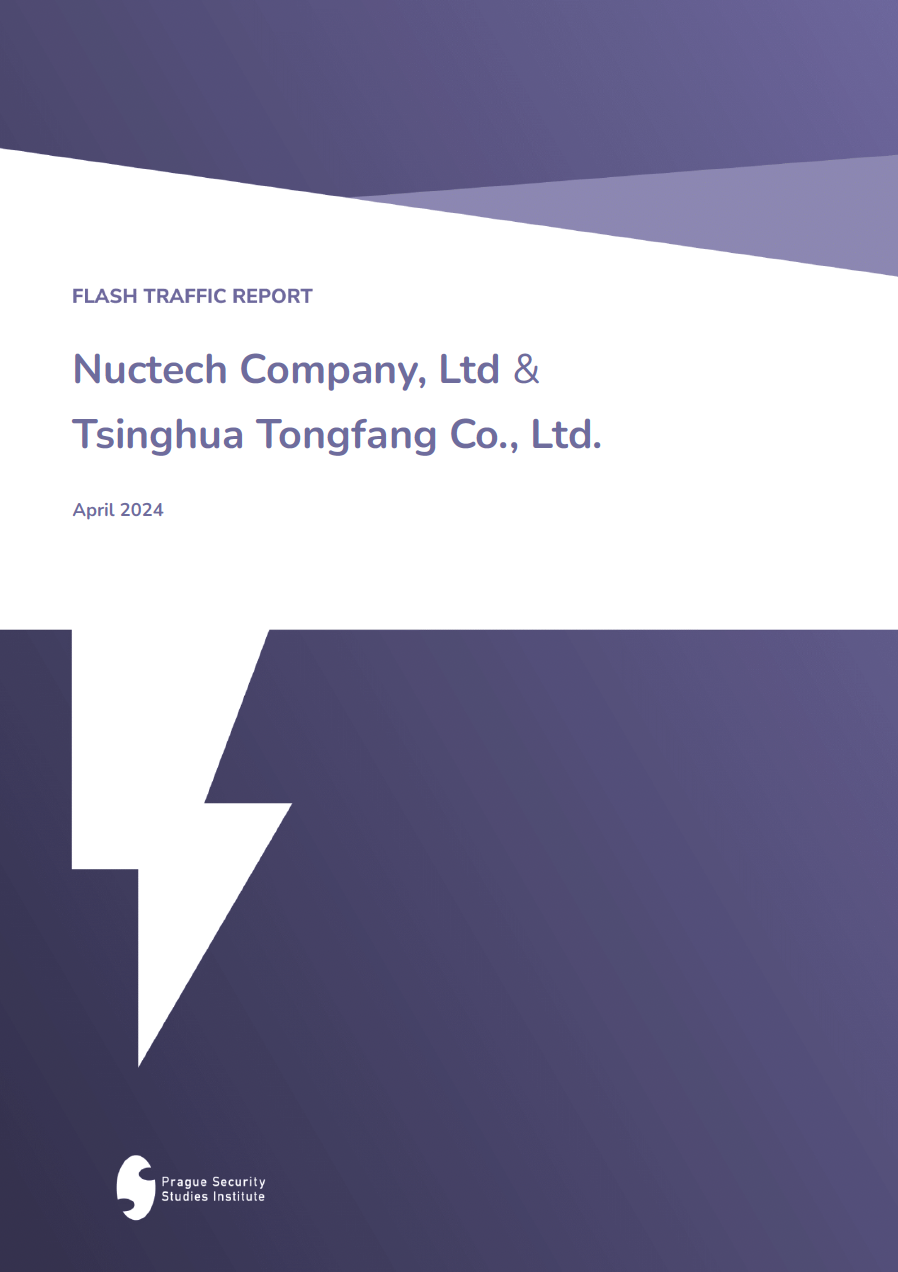
Economic & Financial Statecraft Program // / 30 Apr 2024
Flash Traffic Report: Nuctech Company, Ltd and Tsinghua Tongfang Co., Ltd.
Given the recent EU raid on the Warsaw and Rotterdam offices of the Chinese security equipment manufacturer Nuctech, PSSI has issued a Flash Traffic report recommending capital markets sanctions against its parent company, Tsinghua Tongfang (SS.600100). Download the Flash Traffic report below.